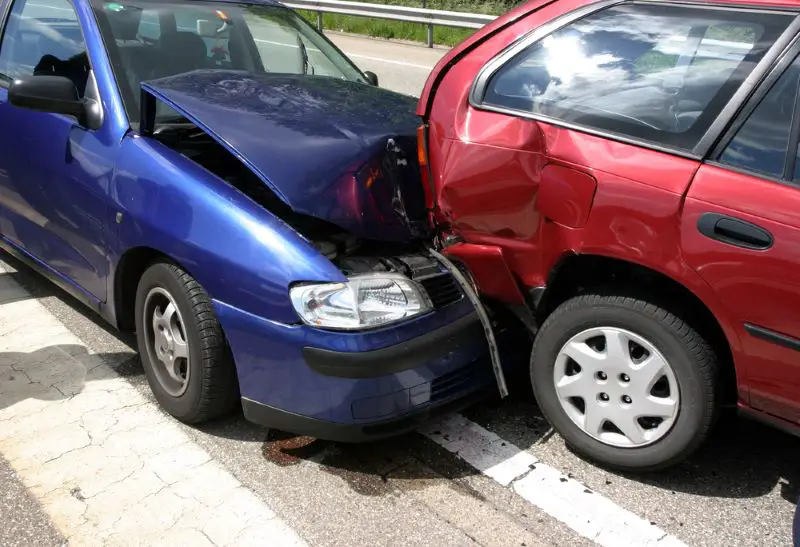Click here to get this post in PDF

Car accidents can be an unsettling experience. It can also leave you physically injured and emotionally traumatized and can also put you under a financial burden. Commonly, car accident cases are settled before going to court, but some cases may end up going to trial.
Understanding the trial process is important, but at the same time, it is hard and time-consuming. Also, any wrong step can land you in trouble. If you or anyone you know are facing a similar situation, contact Bruce Law, LLC to get an experienced attorney to handle your case.
Knowing what you can expect when your car accident case goes to trial can help you navigate easily and help you prepare for what is next to come.
How car accident cases go to trial
When a car accident goes to trial, it means that both the parties involved in the accident were not able to reach a settlement agreement. This can involve unsuccessful negotiation with the insurance company to reach the desired result, and one party also called the plaintiff, files a personal injury claim to receive the fair compensation they feel they are entitled to.
Preparations for Pre-Trial
If a car accident case goes to trial, the procedure ahead is complicated. A lot of preparation is needed before the trial can be initiated.
1. Gathering Evidence
The plaintiff and the defendant are required to collect evidence and witnesses to support their case during trial. This phase is also called the discovery phase. It can include getting police reports, photographs related to accidents, and even medical reports if there is any injury involved. This information is then shared between both parties.
2. Witness Questioning
The statements of prime witnesses are also recorded under oath to learn more about the incident and clarify any facts. The defendant and the plaintiff then exchange written questions known as interrogatories.
3. Discussion for settlement
This is the last chance for both parties to avoid the trial and have a settlement before the trial begins. This settlement can depend on the damages suffered by the plaintiff and solid evidence to support his claim. This is the best time to get a settlement since all the evidence is present in front of both parties.
The Trial Begins
If both parties are not able to settle the pre-trials, the case then goes to trial.
Once the case is in trial, it follows a structured process.
1. Jury Selection
The jury decides the outcome of the car accident case. Both sides then question the juries and dismiss any jurors who may be biased or have a conflict of interest.
Hence, it is crucial to identify fair and impartial jurors to ensure a fair trial.
2. Opening Statements
Once the jury is finalized, both sides then present their opening statements, their arguments, and the evidence they have to show, such as Witness testimonies, photographs, and medical reports.
3. Closing Arguments
Once all the evidence has been presented, both sides will present their closing statement. The closing statement summarizes the case and frames it in such a way that the jury rules in their favor.
4. Jury Deliberation and Verdict
After listening to all the arguments, the jury then leaves to discuss the case and decide to form a verdict. In this scenario, if the jury finds the defendant guilty, this will affect the amount of compensation that is to be given.
Secure the Compensation You Deserve!
If your car accident case is heading to trial, then hiring an experienced attorney can help ease the process for you and get the compensation you deserve!
You may also like:
Who Pays for Your Medical Bills After a Crash in Georgia?
Should I Get An Attorney For a Car Accident ? Benefits of Hiring an Attorney
Here are Things to Do after a Car Accident
Collision Economy: How Car Accidents Fuel a Hidden Business Ecosystem
Image source: DepositPhotos.com
